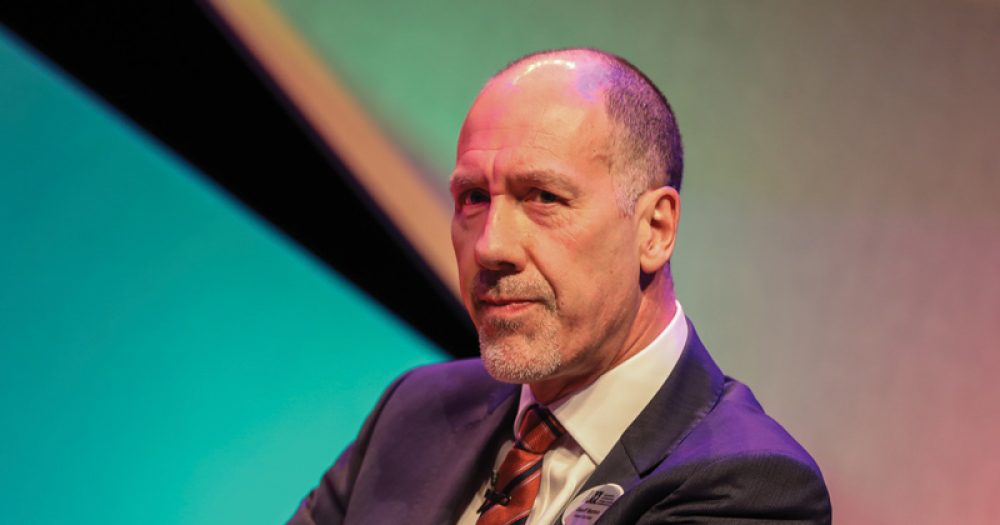Funding for pupil catch-up support could be nearly “wiped out” by the costs schools face in making their sites safe, a leaders’ union has warned.
The government has so far refused to reimburse schools for the cost of preventative measures, despite insisting on increased cleaning and efforts to keep protective “bubbles” apart.
ASCL is urging the government to reconsider after gathering evidence from its members to send to the Department for Education and the Treasury.
The union said one multi-academy trust, with 2,000 pupils and two schools, needs to spend £50,000 per term on creating a Covid-safe environment.
They say this equates to £75 per pupil across the academic year, which is close to the £80 per pupil the government has provisionally allocated to mainstream schools to support catch-up programmes.
They cite other examples, such as a secondary school with more than 700 pupils which said coronavirus safety preparation costs for the autumn term would be around £39,000.
An 11 to 18 academy with 950 pupils said it would be spending more than £30,000 to make returning to school safe this term. Costs between institutions vary according to size, configuration, age of buildings and phase of education.
Schools are bringing in enhanced cleaning, which could cost up to £13,000 a year, and sanitiser stations with liquid and wipes for every classroom and assembly point – an estimated £3,000 per term.
Other examples of extras include digital textbooks – £750 to £1,000 per curriculum area – and visualisers for most classrooms, at £50 per unit.
ASCL say schools have also raised concerns about the potential cost of supply cover if teachers have to self-isolate, made more difficult because of problems obtaining coronavirus tests.
Current DfE guidance states that local authorities must ensure that their maintained schools only spend catch-up premium funds for the purposes of the school, or for the benefit of pupils registers at other maintained schools, special schools, pupil referral units or hospital schools.
Schools Week reported in June how the government’s exception cost reimbursement scheme for last term did not cover preventative cleaning for the return of pupils in September.
Geoff Barton, ASCL general secretary, said they suspect “the hand of the Treasury in the government’s refusal” to reimburse schools and colleges for the cost of safety measures.
“We understand its desperation to protect public finances but this is a false economy. It means that schools will have to divert money from elsewhere in their budget which is meant for teaching and learning. The extra funding for catch-up support will be almost entirely negated by the extra costs for safety measures.”
He said the government would “inevitably respond by saying that it is putting an extra £7.1 billion into schools through to 2022-23”, but said it was “important to understand that this spending was planned long before Covid emerged as a threat and that it is absorbed largely by rising pupil numbers, pay awards and other inflationary costs”.
“School funding is extremely tight and budgets cannot sustain significant extra costs.”
Barton said he was making an “appeal” to the government to reconsider the issue and reimburse schools “for the money they have to spend on protecting pupils and staff and minimising the risk of virus transmission”.
“They have done a fantastic job in putting these complex controls in place, and welcoming back all pupils. They really do need the government to back them up.”
A DfE spokesperson said they “recognise” schools will have had to take measures to become covid-secure.
They added: “On average, costs to schools to become covid-secure will have been a tiny proportion of their core funding for each pupil, which for secondary schools has increased to a minimum of £5,150 this year, the first year of the biggest increase to core school funding in a decade.
“On top of the core funding schools are receiving, and continued to receive throughout the pandemic, we provide pupil premium funding worth £2.4 billion each year to support the most disadvantaged pupils. On top of that our £1 billion covid catch up fund has provision both for additional tutoring targeted at the most disadvantaged, and flexible funding for schools to use to help all their pupils make up for lost learning.”








Your thoughts